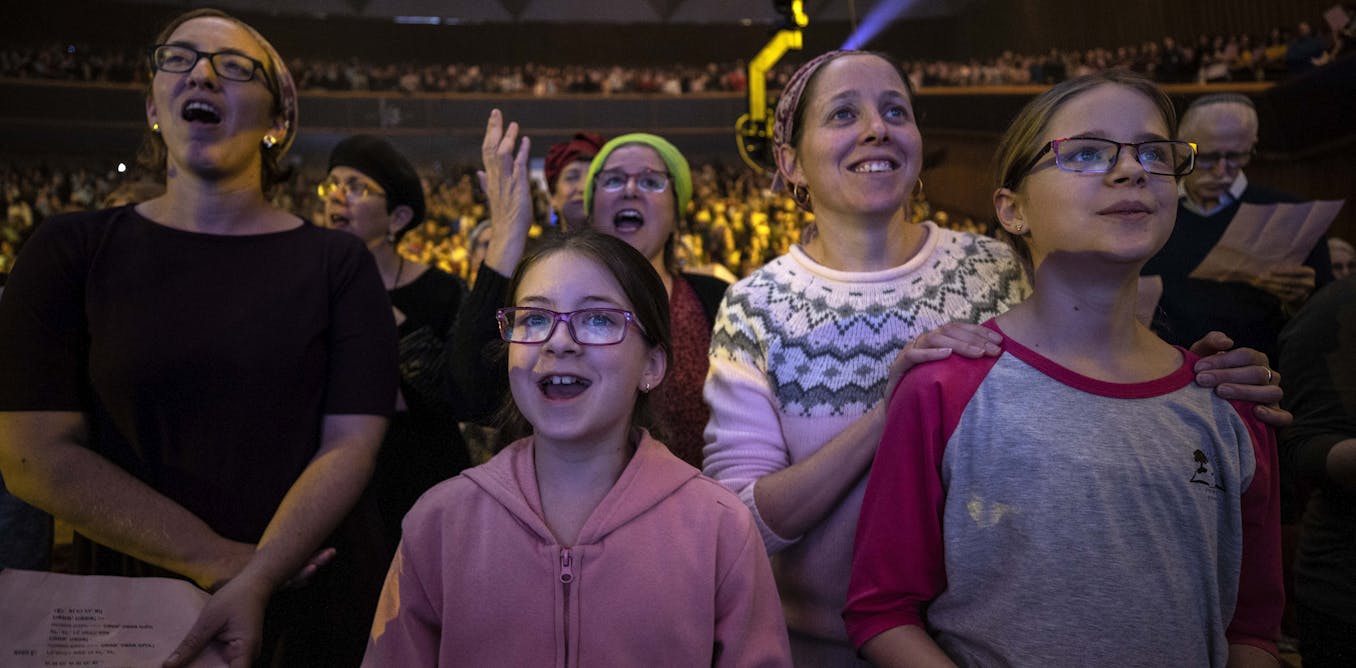
"When people picture a rabbi, they may imagine a man standing in front of a congregation in a synagogue. But "rabbi" means much more than that. For example, a rabbi could be a teacher, a nonprofit executive for a Jewish organization or a scholar of Jewish law - and, increasingly, some of those roles are held by Orthodox women. For decades, liberal denominations have permitted women to be ordained."
"Israel's chief rabbis - known as the Rabbinate, and historically seen as the top authority for the country's Orthodox institutions - do not recognize women as rabbis or permit their ordination. But a significant change came in July 2025, when Israel's High Court of Justice determined that women must be allowed to take the Rabbinate's exams about Jewish law. The chief rabbis appealed the decision, but the court rejected their request for a retrial in November."
"These tests are required to apply for public sector jobs as any kind of Jewish religious authority in Israel: ensuring that restaurants adhere to Jewish dietary laws, for example. Passing does not make someone an ordained rabbi; ordination is conferred through private rabbis and schools, and most Orthodox communities do not recognize female rabbis. But it does allow women to apply for jobs previously available only to men and receive higher salaries for the educational jobs they have already."
Many roles fall under the title rabbi, including teacher, nonprofit executive and scholar of Jewish law, and Orthodox women increasingly occupy such roles. Liberal denominations have long ordained women, while Orthodox Judaism has largely prohibited ordination. Growing acceptance of women's study of rabbinic texts has led some Orthodox leaders to view women as qualified for rabbinic jobs. In July 2025 Israel's High Court required that women be allowed to take Rabbinate exams; the court denied a retrial request in November. Passing the exams allows women to apply for public-sector religious authority positions and to obtain higher pay, though ordination remains privately conferred and is not widely recognized in most Orthodox communities. A scholar of Jewish women and gender researches religious authority among Orthodox women.
Read at The Conversation
Unable to calculate read time
Collection
[
|
...
]